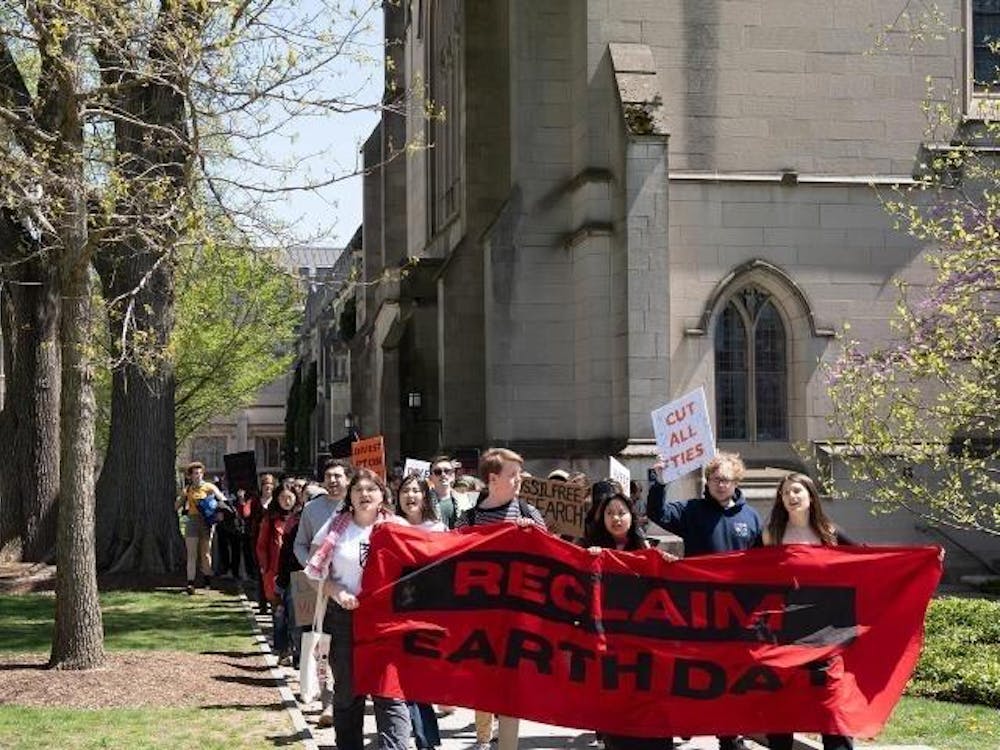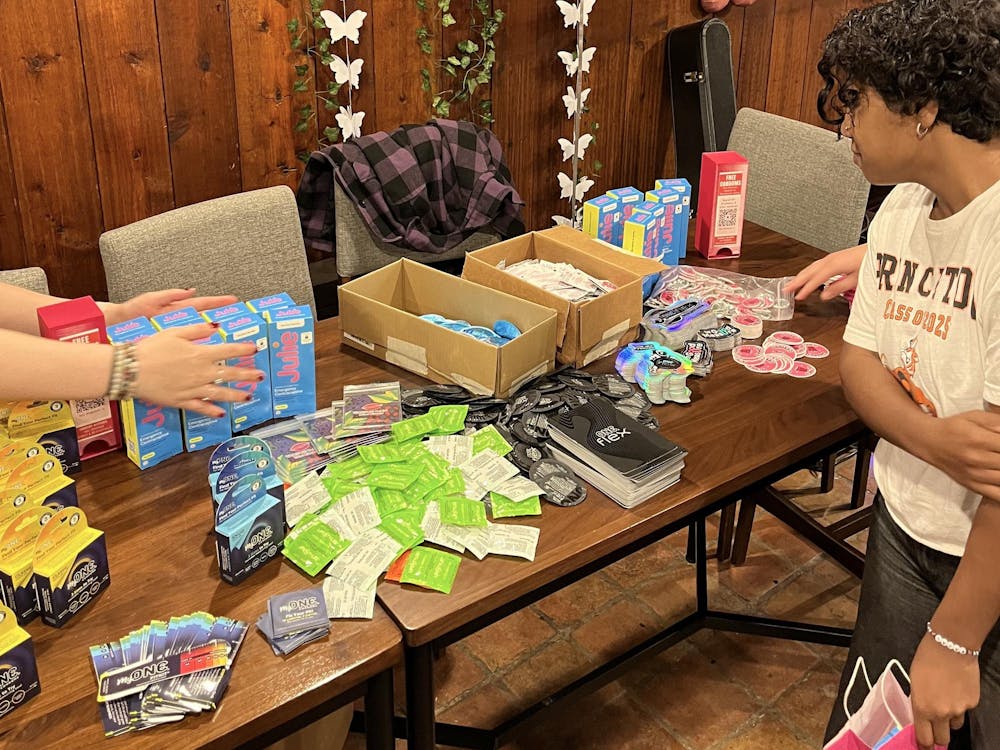BY LILY DATILLO Contributor
Electrical engineering professor Mung Chiang has been awarded the Alan T. Waterman Award, the National Science Foundation’s most prestigious award for young researchers.
Chiang studies economic, technological and social networks, using innovative mathematical methods to analyze these networks and ultimately design better, more powerful ones. According to an NSF press release, Chiang’s efforts to connect theory with practice made him an impressive candidate for the prize, which recognizes a researcher’s originality, innovation and impact on his or her field. The award, which is given each year to one person under the age of 35 working in any scientific or engineering field, comes with a $1 million research grant to be used in any field the recipient finds exciting.
“Dr. Chiang’s research rose to the top because he’s not only incredible on the mathematical side, but because he has been able to demonstrate an entrepreneurial spirit,” NSF Manager of the Waterman Award Mayra Montrose said. “The committee was very impressed with [his work with industries].”
Chiang said he was “surprised and humbled” by the award and expressed gratitude for his co-researchers, colleagues and industry partners.
Chiang founded and heads Princeton EDGE Lab, which aims to bridge the gap between network theory and practice. This theory-practice divide, present in all research fields, is particularly acute in networks because of their rapid evolution, Chiang explained. The divide stems from the difficulty in translating rigorous mathematical analysis of networks into products beneficial to society. For over 10 years, Chiang has been working to transform fundamental mathematical ideas into societal insights, a process he called “going from proofs to prototypes.”
“I want to help our networks face increasing challenges by working out mathematical techniques that only a few hundred people in the world can appreciate and then deploy them so that hundreds of millions of people can benefit from it,” he said.
“DataMi,” a major project currently underway in Chiang’s lab, exemplifies this approach. DataMi applies time-dependent pricing (used frequently in energy and transportation networks) to mobile data management, integrating economic, social and technological networks. The project would enable carriers to charge less money for data used at times and in places with less-congested networks. In a reflection of Chiang’s proof to prototype approach, the project started as a mathematically based undergraduate junior project and has since evolved into a major commercial endeavor that promises to benefit both consumers and wireless network operators.
Chiang noted that he appreciates the freedom the grant gives him to fund high-risk, high-reward projects and said he plans to fund undergraduate and graduate student projects that integrate various networks and demonstrate the power of mathematical languages in their architecture and optimization.
In a press release about the award, NSF praised Chiang for his dedication to his students. Approximately 30 undergraduate students work in Chiang’s lab, in addition to many graduate students and postdoctoral fellows.
According to second-year Ph.D. candidate Chris Brinton, who works in EDGE Lab, Chiang cares deeply about his lab. “He always wants to make sure he’s doing the best thing for his students,” Brinton said.

Chiang teaches a class entitled "Networks: Friends, Money and Bytes.” In the course, undergraduates examine everyday problems posed by networks before going into the mathematical theory behind them. Chiang has taught the class twice and noted that just as his research affects the class content, the class inspires his research.
“That’s the beauty of this whole thing. You combine research with the most quality undergraduate teaching and they reinforce each other. They make each other better,” Chiang said.
NSF will present Chiang with the Waterman Award at a ceremony at the U.S. Department of State on May 9.








